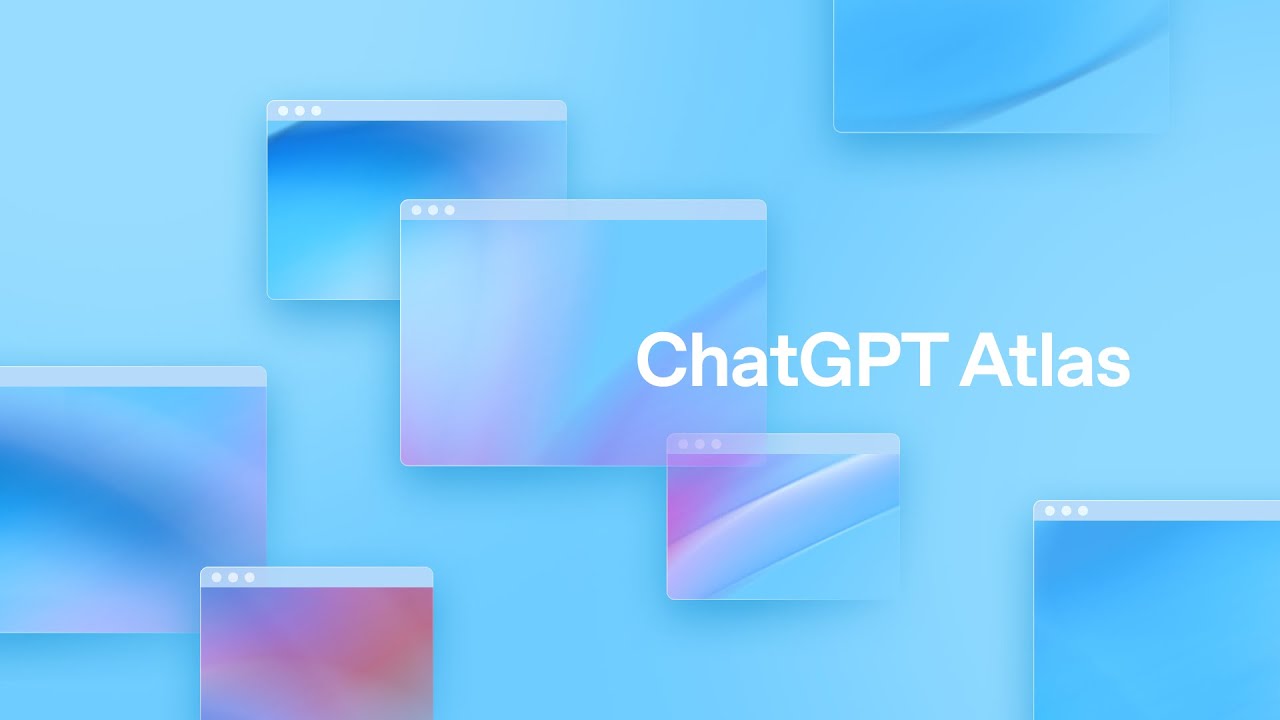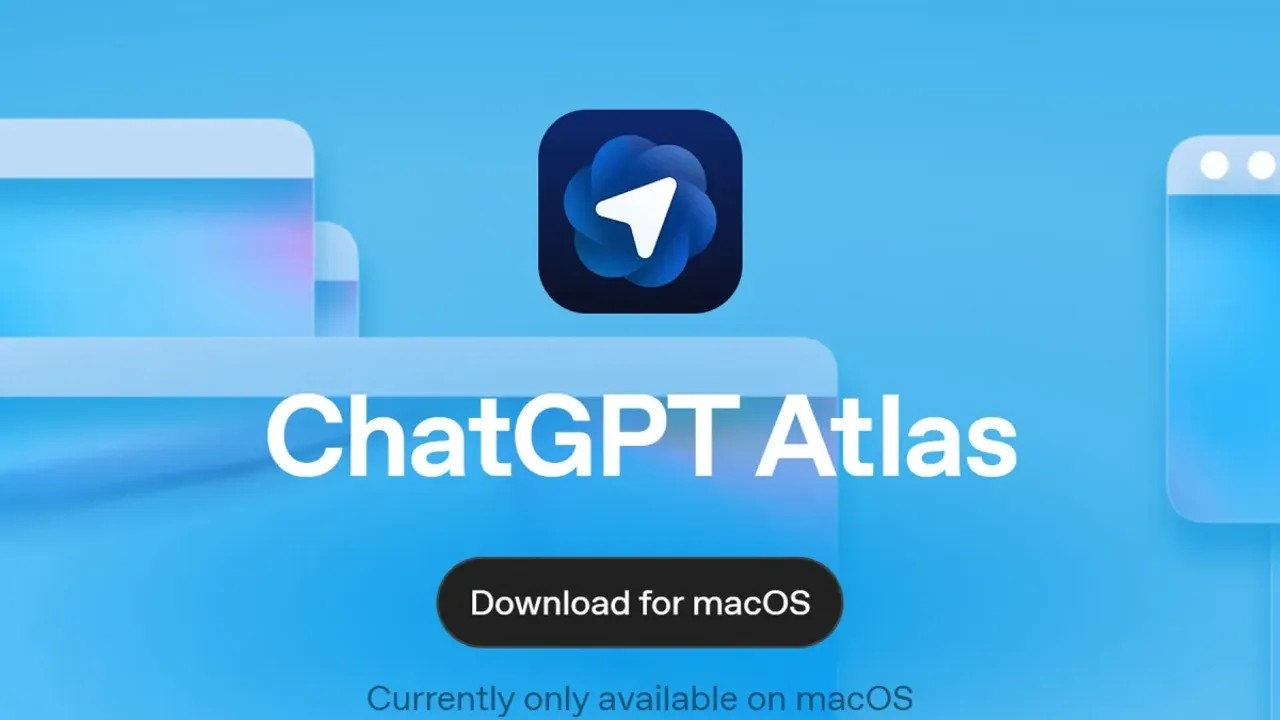
OpenAI is now launching a new web browser called ChatGPT Atlas, which uses artificial intelligence. This move is part of its strategy to compete with Google Chrome and other Google web services. OpenAI officially introduced ChatGPT Atlas during a live online demonstration.
Before the announcement, the company had hinted at it earlier that Tuesday by posting a short, mysterious video showing browser tabs on a white screen, which made people curious about what was coming. OpenAI said that ChatGPT Atlas is now available worldwide for Mac computers (macOS) starting today.
Devices Aren’t Ready Yet!
However, versions for Windows, iPhone (iOS), and Android devices are not ready yet but will be released soon. OpenAI’s CEO Sam Altman said that the “agent mode” feature in ChatGPT Atlas is currently only available to ChatGPT Plus and Pro subscribers.
He also explained that OpenAI hopes people will use the internet through a chat-based experience in the future and that a web browser like ChatGPT Atlas could make that possible. The livestream also featured OpenAI staff such as Will Ellsworth, Adam Fry, Ben Goodger, Ryan O’Rouke, Justin Rushing, and Pranav Vishnu, each contributing from their areas of expertise. Adam Fry explained that its memory is one of the best features of the ChatGPT Atlas browser.

Can Become More Personalized And Useful Over Time
With this feature, the browser remembers your preferences, habits, and past interactions. It means it can become more personalized and useful over time.
He also mentioned the new agent mode, which means that ChatGPT in Atlas can perform actions for you, for example, searching the web, filling out forms, or managing tasks automatically. The tool can help you make reservations, plan travel, or even improve and edit your written work. OpenAI employees explained that users of ChatGPT Atlas can view and manage what the browser remembers (its “memories”) in the settings menu.
They also said users can open incognito windows, which are private browsing sessions that do not save history or memory data. The browser’s agent mode is based on OpenAI’s earlier experiments with AI agents, like Operator and ChatGPT Agent.
These earlier tools let ChatGPT use a computer for users and carry out complex tasks such as shopping or managing actions online, though they didn’t always work perfectly.
